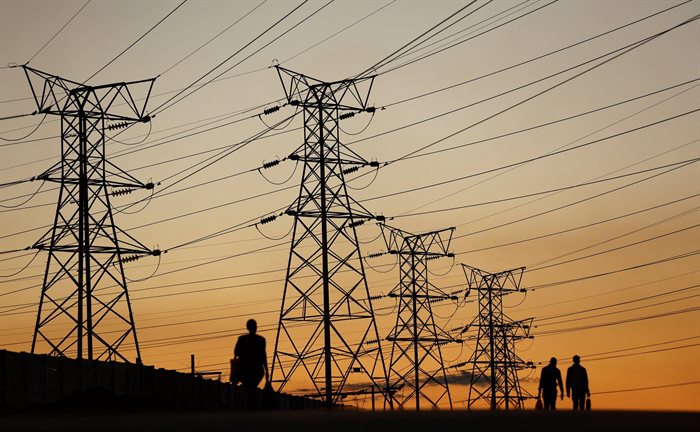Eskom and workers' unions signed a wage deal on Tuesday, 5 July, paving way for a possible resolution to its worst power cuts in two years.

Source: Reuters/Siphiwe Sibeko
The parties signed the agreement for a 7% salary increase a week after Eskom started implementing prolonged load shedding, blaming striking workers for hampering efforts to bring malfunctioning power units back online.
Eskom said the power supply would still take time to recover and urged its staff to return to work to begin the process.
"As a result of the strike, maintenance work has had to be postponed, and this backlog will take time to clear," it said.
Already burdened with unsustainable debt levels and tariffs that are not yet cost-reflective, Eskom said the wage increase "will be a struggle for Eskom to afford".
'Questions of affordability'
Razia Khan, chief Africa and Middle East economist at Standard Chartered, said although the wage deal was positive, "big picture, questions of affordability persist. This doesn’t really make Eskom’s more significant challenges go away".
Small businesses have borne the brunt of the latest outages while still reeling from the impact of the Covid-19 pandemic and inflation which is at a five-year peak.
"These disputes always get resolved in the end. The question is how much damage is done in the course of reaching this end,” energy analyst Chris Yelland told broadcaster eNCA.





























